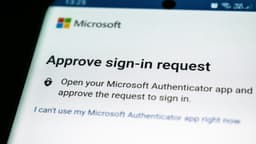Do Boycotts Against McDonald's and Starbucks Work?
Consumers increasingly use their purchasing power to address social and environmental issues. Boycotting has emerged as a popular method for individuals to express their concerns. McDonald's and Starbucks are two prominent targets for such actions.
Boycotting Fast Food Giants
McDonald's has long faced criticism over its environmental practices, labor policies, and role in the obesity epidemic. Starbucks has also been scrutinized for its treatment of coffee farmers and its impact on local coffee shops. In response, consumers have organized boycotts to urge these companies to improve their practices.
The Success Stories
There have been instances where boycotts against McDonald's and Starbucks achieved significant results. For example, in reaction to consumer pressure, McDonald's introduced healthier menu options and adopted more sustainable packaging. Similarly, Starbucks has made commitments to ethically source coffee and support local farmers.
The Power of Alternatives
Boycotts are a powerful tool, but they should not be the only approach. Supporting alternative businesses that reflect personal values is crucial. Choosing local cafes or sustainable food options can foster positive change within communities and send a clear message to larger corporations.
Boycotts can effectively voice consumer concerns, but they are most impactful as part of a larger movement toward ethical consumption. By demanding change and exploring alternatives, individuals can help create a more responsible society. Consider the available alternatives the next time you think about boycotting a company.












